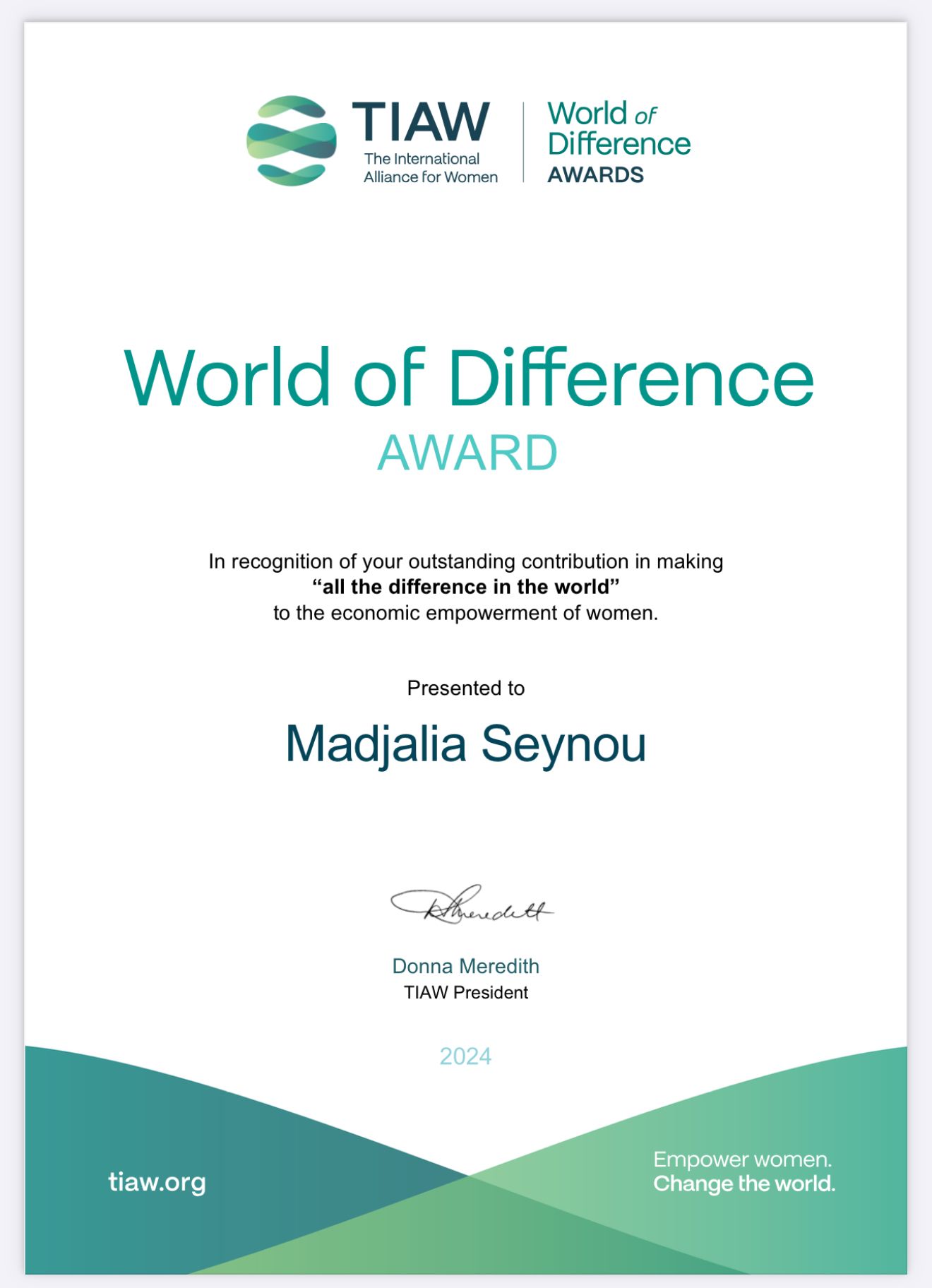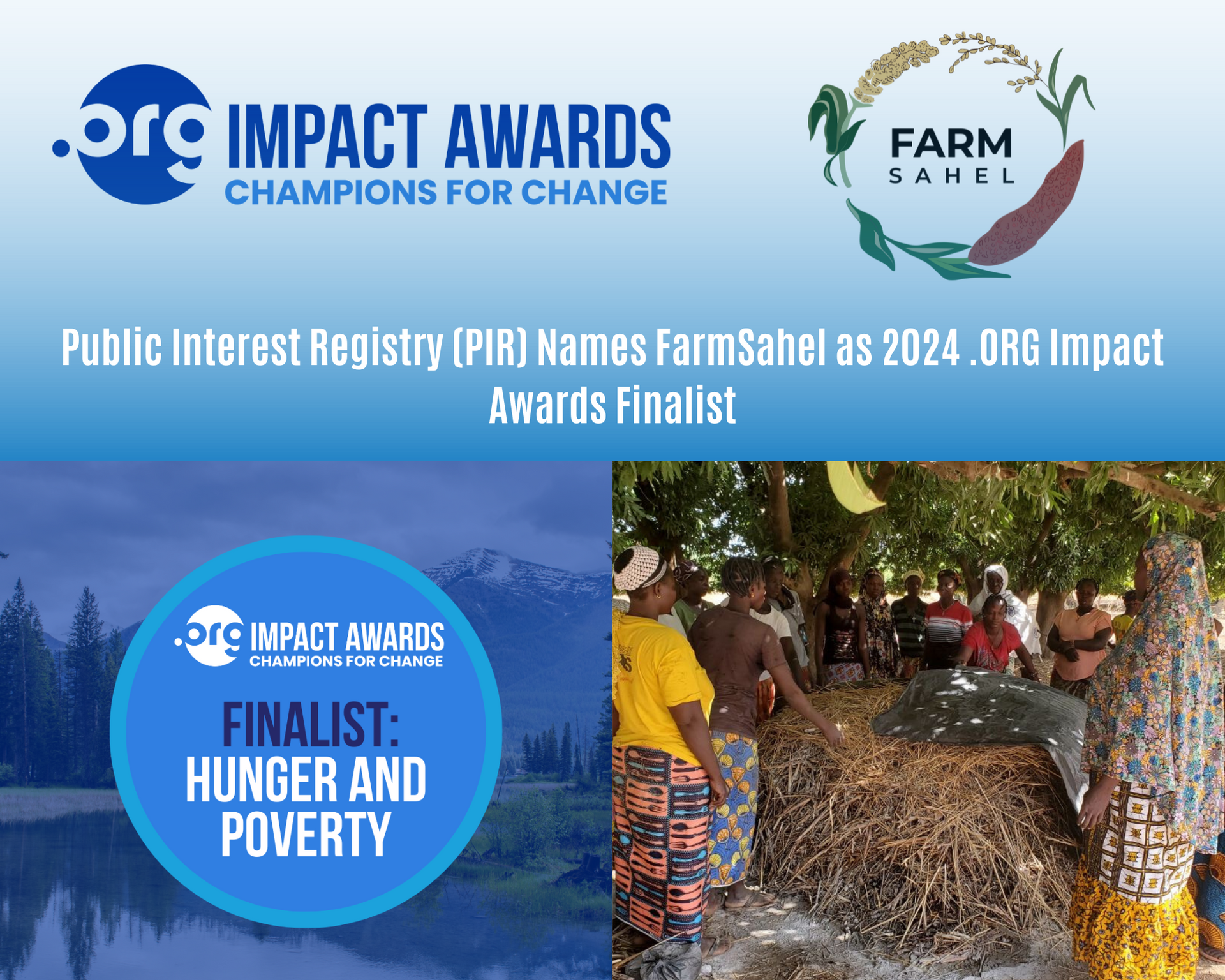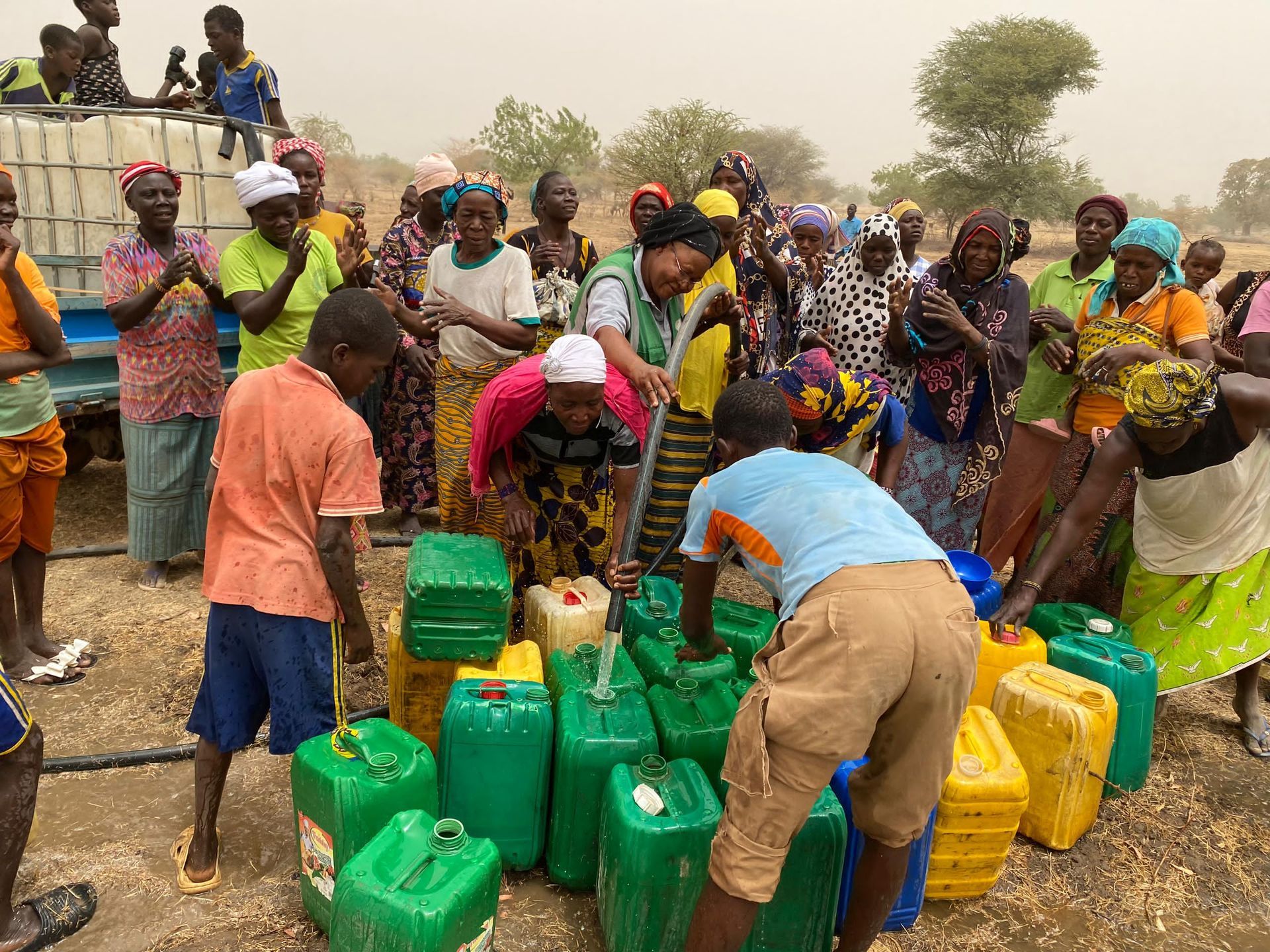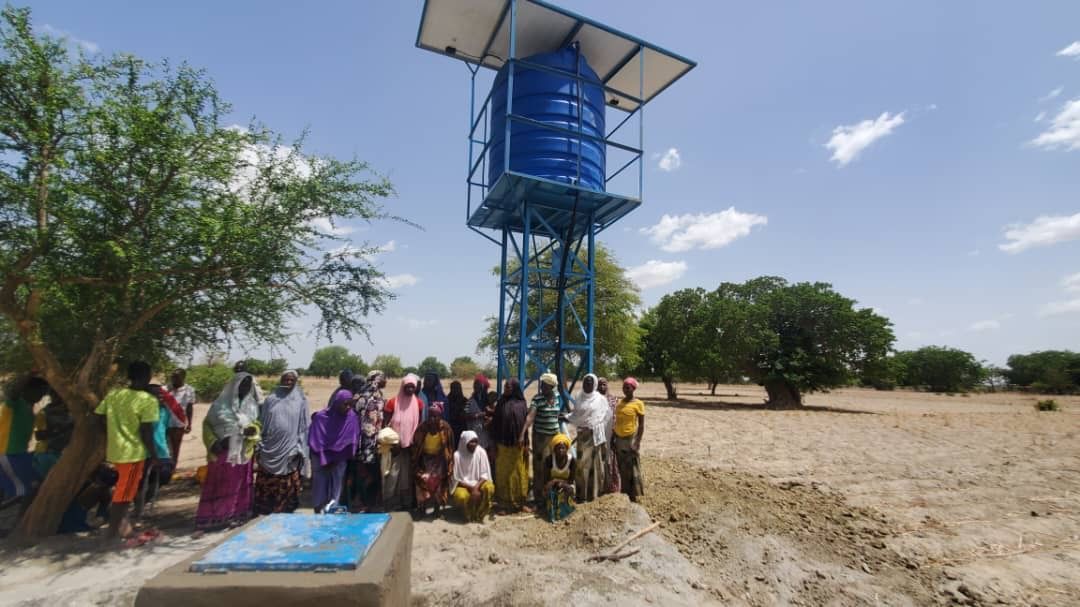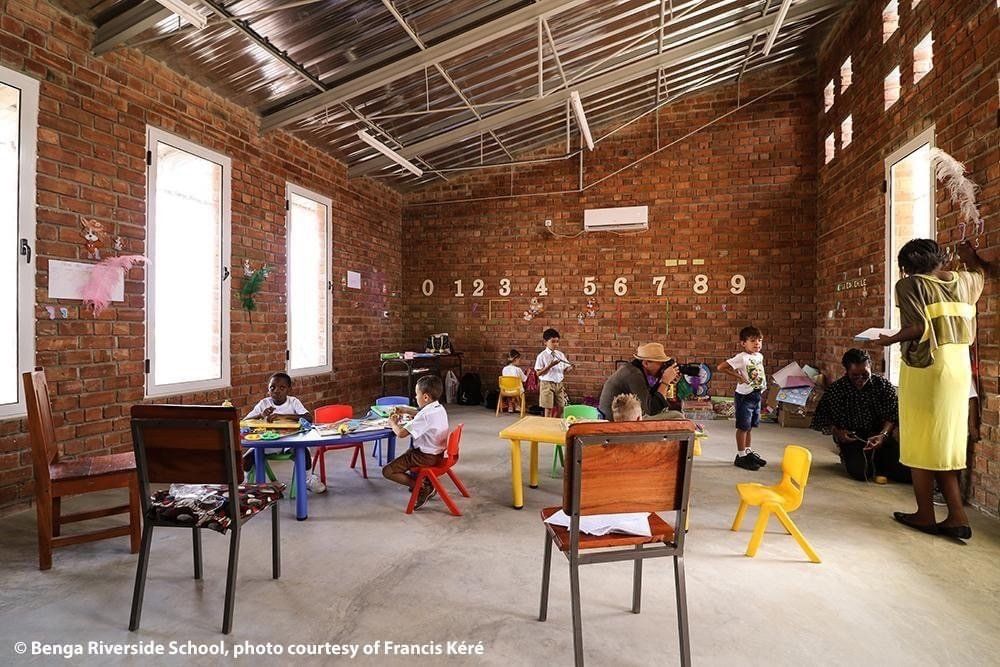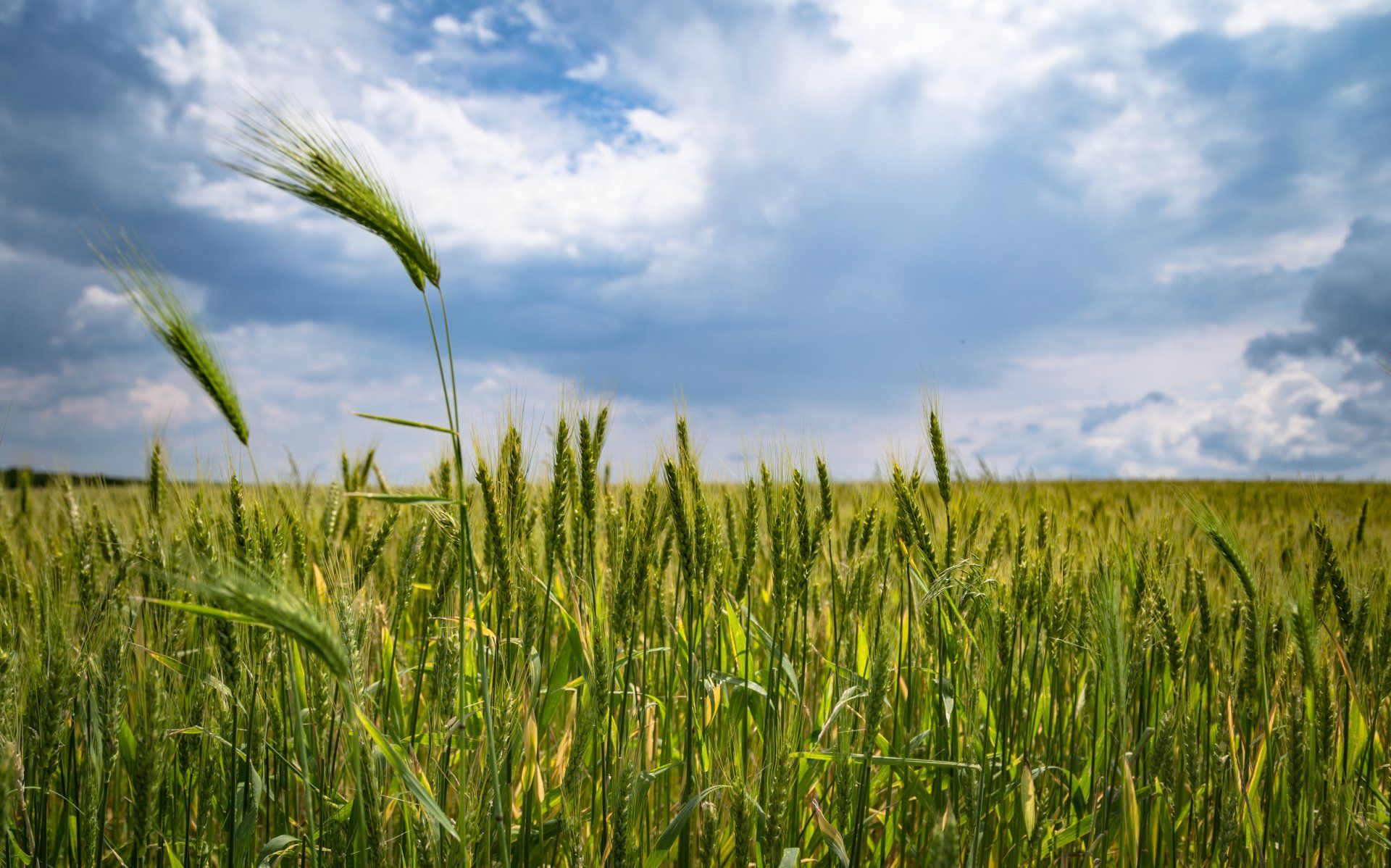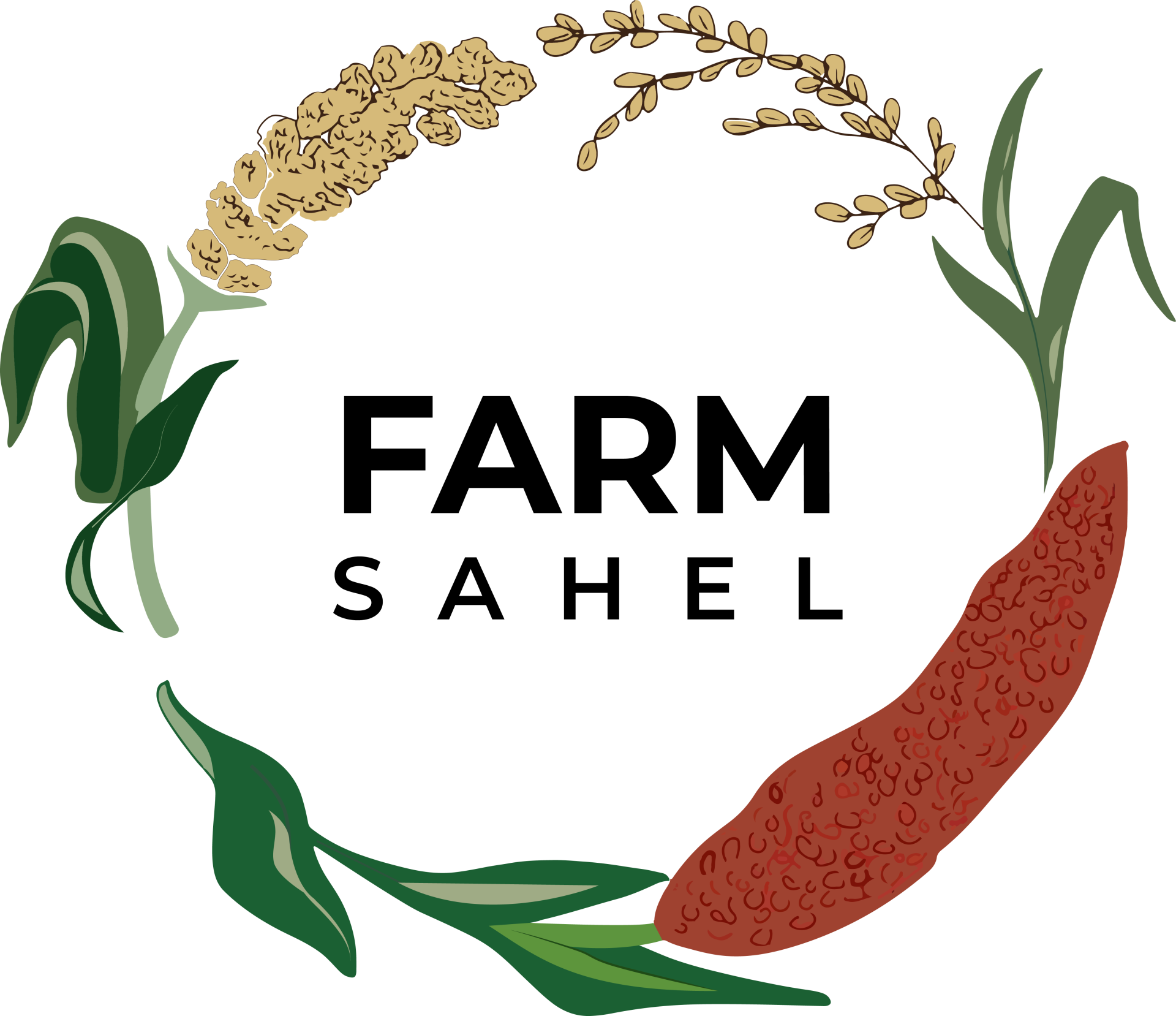Benefits of Soil Fertilizers for Sub-Saharan Africa

Fertile soil is the foundation for numerous and nutritious food production. Therefore, soil fertility will lead to resilient and sustainable crops; this is essential for farmers to sustain their own livelihoods. In Sub-Saharan Africa, soil fertility is one of the largest threats faced by the agricultural community. The soils here are vastly unhealthy, “due to years of crop nutrient-mining and limited organic or inorganic resupply” (Jones). In their current state, these soils are incapable of providing enough crop to feed the region’s population- this leads to severe nutrient depletion and low crop yields. Poverty in these regions can also be directly associated to this situation. Alongside a rapidly growing population, Sub-Saharan Africa must figure out a way to nurture its soils to be able to provide adequate nutrition to its people.
Mineral Fertilizers
Mineral fertilizers may potentially be the fix for depleted soils in Sub-Saharan Africa. As opposed to organic fertilizers, such as manure, mineral fertilizers are chemically composed. They contain many more nutrients than organic fertilizers and can drastically increase crop yields as well as the quality of the crops. However, the nutrients in mineral fertilizers must be customized to the crop that will be supplied. Mineral fertilizers can easily fail if they do not meet specific crop requirements. In addition to that, mineral fertilizers are very costly in Sub-Saharan Africa. This is partially due to high transportation costs, which can ultimately increase farm gate prices by 15-34% [1] ; almost all of the fertilizers used in Sub-Saharan Africa are imported. Furthermore, mineral fertilizers are not available in high supply the whole year in Sub-Saharan Africa. Most significantly, local farmers are lacking knowledge on what specific types of mineral fertilizers to use and how to best apply them.
Agro-Minerals
The naturally occurring nutritious materials, agro-minerals, can also be a great solution to increasing fertility. These rocks and minerals are known to improve the conditions of soils. In both processed and unprocessed forms, they can be used in crop systems to enhance soil production. Their nutritious content can be released into the soil over long periods of times as a long-term fix to soil fertility. Thus, it is crucial to recognize each region’s indigenous agro-mineral resources available. Africa is said to account for a whopping 75% of agro-mineral deposits in the world; thus, why has it remained largely untouched? This method would require cooperation by African farmers to invest in external outputs and industrial expansion. The long-term effects may be off putting to many of these local farmers. However, the large deposits of these agro-minerals may offer much lower costs than importing mineral fertilizers.
Potential Solutions
Of the two viable solutions, mineral fertilizers seem to offer a quicker and larger crop yield; agro-minerals are a potentially inexpensive alternative to long-term yield effects. Despite the advantages and disadvantages of both of these methods, there must be a change as soon as possible. Sub-Saharan Africa’s population is booming, whilst the crop yield is slowly diminishing. Nutrient depleted soils will lead to even lower crop yields, contributing directly to poverty and famine. It is evident that agro-mineral deposits must be tapped into for farmers’ sakes; Africa’s great amount of natural resources should be utilized. Tapping into these deposits can also cut costs from importing fertilizers. Nonetheless, it is crucial to note the importance of fertilizers. Mineral fertilizers have been known to double yield; “In Malawi, farmers who applied fertilizer had 105% more yield” (Mineral Fertilizers). If Sub-Saharan Africa was to manufacture and produce their own fertilizers, it would not be so costly for local farmers as import fees would be largely cut. Furthermore, local farmers must be educated about the benefits of fertilizers, how to use them and which ones to use. Until then, a combination of agro-minerals and fertilizers seems like the best option to ensure short-term and long-term success in the immense agricultural community of Sub-Saharan Africa. FarmSahel is committed to improving the farming conditions and quality of life in Sub-Saharan Africa and is calling for immediate action to tackle these existing hurdles.
By Suhi Saran
